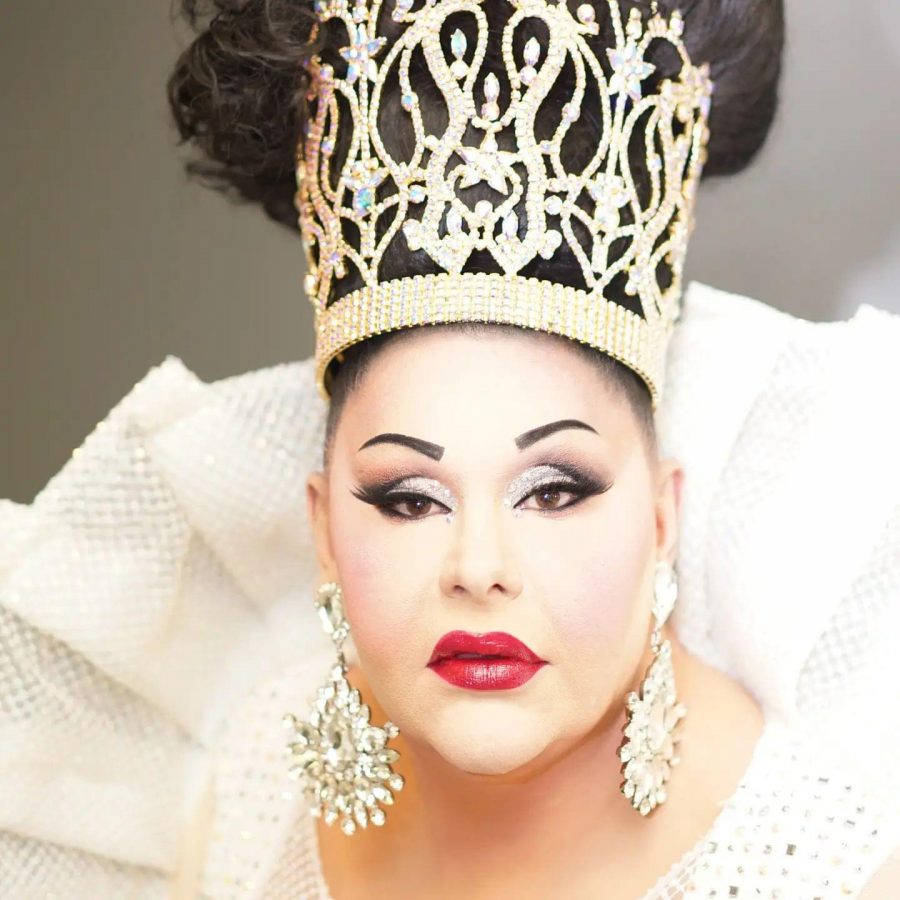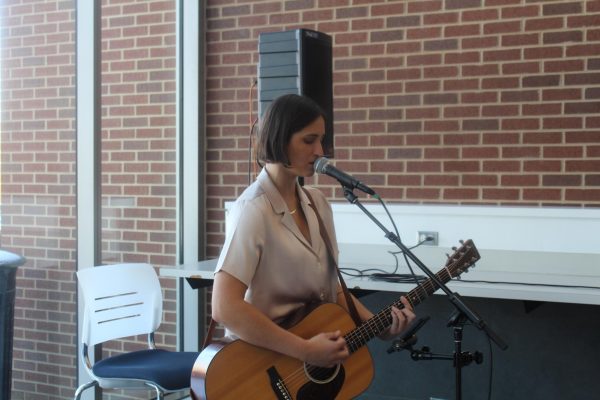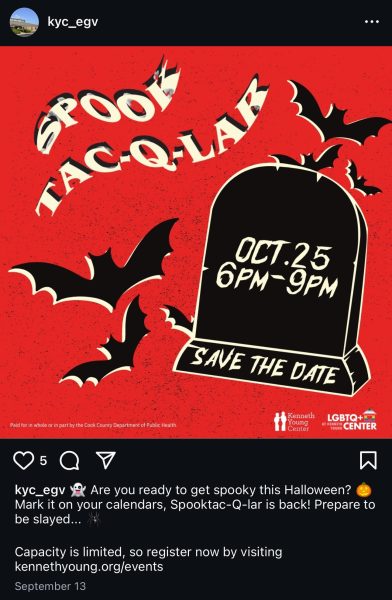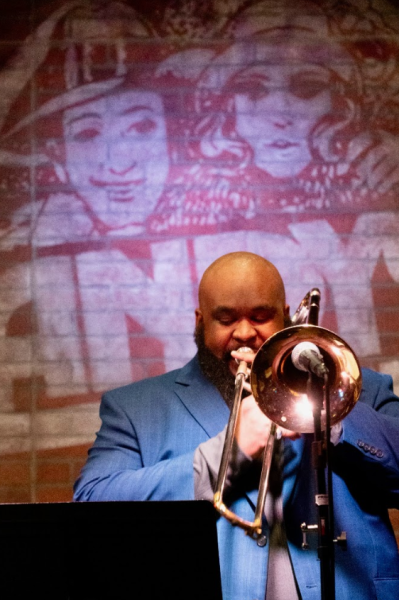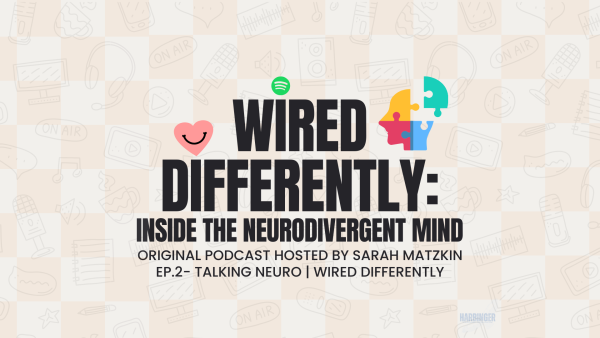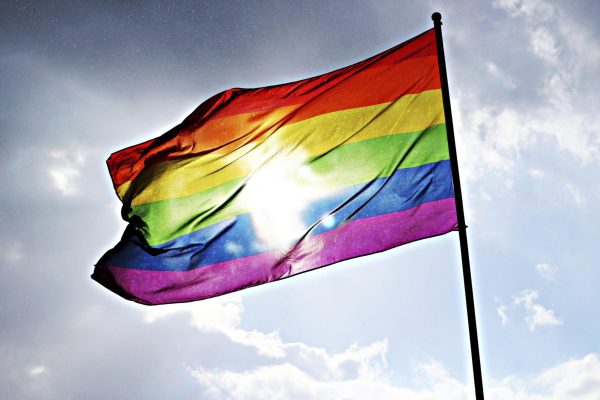Living a life of pride: celebration of trans culture
“Charisma, Uniqueness, Nerve and Talent” — these are now famous words coined by RuPaul Charles, the host of “RuPaul’s Drag Race.”
What started as just another reality television show has now become a huge phenomenon, winning 24 Emmy Awards.
In recent years, drag culture has found its way to the forefront of mainstream entertainment. Television shows such as “Drag Race” and “Pose” have generated major interest in drag culture around the world. Meanwhile, live events like “Drag Brunch” and “Story Time with Drag Queens” have become widely accessible to families and allies everywhere.
Recently, “RuPaul’s Drag Race” crowned their first trans winner, Kylie Sonique Love.
Trans advocacy has become a hot topic in recent years as we have moved forward as a culture accepting gender identity and sexual orientation. As society enthusiastically embraces LGBT+ culture, the ravenous demand for accessible drag content becomes greater and greater.
While RuPaul undeniably pioneered televised drag competitions, there was a show that set the standard way before “glamazons” stomped into the workroom: The Miss Continental Pageant in Chicago.
Created by Jim Flint, Miss Continental has been the blueprint for drag entertainment for 41 years. The pageant measures contestants’ charisma, uniqueness, nerve and talent in five categories: interview, gown, swimsuit, talent and a final question and answer. Many compete over the course of their career, but only a select few actually go on to wear the crown.
Now you may ask yourself, why do I need to know this? How does this affect me? In order to fully embrace and celebrate drag culture, we should understand the importance of its history.
Recently, Britney Taylor, an accomplished show host and entertainer in the Chicagoland area, won the title of Miss Continental Plus. Britney was able to take some time to answer a few questions pertaining to drag in pop culture, trans advocacy among youth and ways to become a better trans ally.
Q: Congratulations on your new title! Can you tell us about Continental and what it means to the trans community, as well as how it has influenced you as a trans person?
Britney: I found my trans identity through female impersonation. My stage persona was inspired from watching trans women like Tasha Long, Cezanne, Erika Norell and Danielle Hunter perform on a weekly basis — all of whom are former Continental. So I was trying to be Continental before I even knew what it was. It truly has helped mold me into the woman I am today.
Q: Miss Continental Plus is an impressive achievement. There may be trans students reading this — what would you like to share with them about what motivated you to work towards your goals? If you could connect with yourself in college or in high school right now, what do you wish you could share?
Britney: Well, because of my desire to be Miss Continental Plus, I learned to sew, which in turn led to starting a sewing and design business, and that carried me to my current occupation as a manager for Joann Fabrics. Following my dream instilled new skills and talents in me that helped create a life for myself that I never would have found otherwise. I’ve always known I was different, and as a child, I didn’t know what it was or how to express it verbally. That didn’t change until after college. I’d tell my college self it’s OK to accept yourself for who you are — to trust yourself. I know it sounds so simple, and it’s been said before, but it wasn’t until I trusted myself and became who I am that I was able to accomplish the immense goal of Miss Continental Plus.
Q: Why should someone who hasn’t heard about Continental want to learn about it? Many non-queer allies are fans of Drag Race. What would make a Drag Race fan want to learn about Continental, and what are some things that they would learn from Continental they couldn’t learn from watching drag on television?
Britney: I see drag pageantry as the original “Drag Race.” Competitors and fans would travel around the country from preliminary to preliminary to see who was going to win and qualify for nationals as if each pageant was a new episode in the season. The national competition was the grand finale everyone wanted to witness. Beyond that, what drag fans will learn from following Continental is that it is a family — it is inclusive to all. Drag fans would get another perspective, from a trans point of view, on what the art form can be.
Q: Society is always growing and evolving — how has the progression of trans awareness helped you achieve your goals? How can college students become better allies to trans students and support the trans community?
Britney: I transitioned in 2003, so I have had the ability to live the progression. Trans awareness has allowed me to live a life that has provided me safety in my career, my home and my ability to exist unharmed within our society. I know that was not— and still isn’t — the case for many trans and non-binary individuals. I hope to be a force that continues to move the needle in the right direction for progress. College students can be better allies to their trans peers by being receptive to their journey. If someone confides in you about their gender identity, believe them and accept them where they are. Transitioning is deeply personal yet completely public at the same time. You’re trying to mentally and physically come to terms with who you are, and yet you have to allow the world to see you as you go step by step. Compassion and acceptance is the best way to support.
Q: Other than college Drag shows and queer events, how can college students support the art of drag? Are there online sources or social media handles students should be following?
Britney: Social media is a great way to find entertainers. Follow, like, subscribe, use the payment apps like Venmo and Cashapp to tip artists and foster new relationships founded on a mutual respect and love for the art. I can be found @MsBritneyTaylor on Facebook and Instagram. @TheContinentalPageantry on Facebook and @continentalPageantry on Instagram. And of course the reigning court @julyriverag, @travis_stancil, and @yosmein_cstarr.
Thank you Britney for your time and insight.
As we celebrate trans entertainers like Britney Taylor and shows like “RuPaul’s Drag Race,” we should keep in mind that we have only hit the tip of the iceberg of the very rich, kaleidoscopic world of drag. Drag connoisseurs everywhere can support pageants such as Miss Continental and become stronger allies to the trans community.


